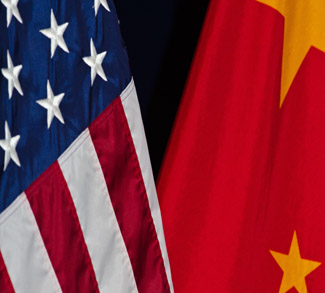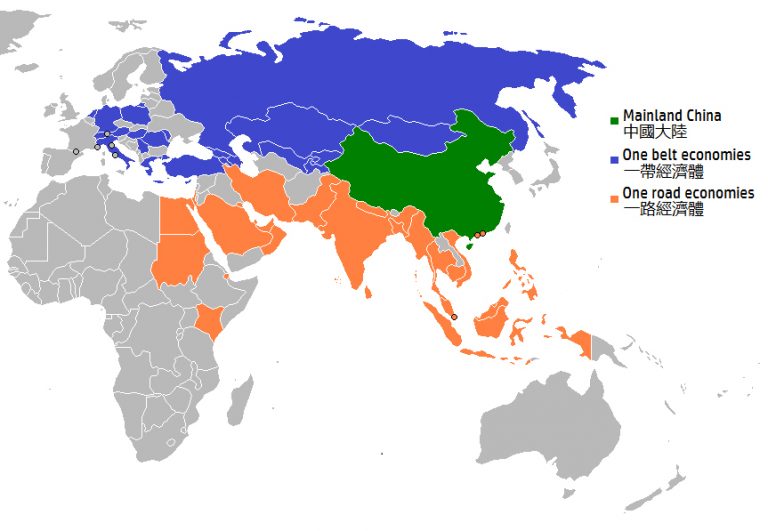Summary
After decades in charge, the club of rich, industrialised nations is fast losing sway as a share of global economic power shifts towards big developing countries.
Analysis
That was a lesson of the Group of Seven’s meeting in Istanbul at the weekend, when the absence of China showed the G7 could no longer tackle the world’s economic problems on its own.
Finance ministers and central bank chiefs from the G7 implored China in a diplomatically worded statement to let the Chinese currency rise, as they have done for several years.
But China showed no sign of complying, and the G7 spent much of its time to discussing whether it should meet less often, with less pomp and perhaps with fewer public statements.
G7 statements have all too often “interested nobody because there’s no follow-up most of the time”, said Dominique Strauss-Kahn, the head of the International Monetary Fund.
Marco Annunziata, chief economist at UniCredit bank in London, said: “Istanbul is being seen by many as the G7’s swan song, before it relinquishes power.”
The G7’s weakness in Istanbul was a far cry from the status it enjoyed before the financial crisis of the past two years.
Founded in 1976 to bring together top financial officials of Britain, Canada, France, Germany, Italy, Japan and the United States, the G7 guided world financial markets for decades.
In 2000, G7 central banks intervened in the foreign exchange market to boost the value of the euro off record lows.
Now, as the world emerges from the worst slump since the Great Depression, policymakers have once again to deal with imbalances in the global economy — but China is a major source of the trade imbalances, and it is not a member of the G7.
G20
As a result, world leaders decided in Pittsburgh last month that the larger Group of 20, which includes China, India and other big developing nations in addition to G7 countries, should become the premier forum for managing the global economy.
China seized on the Istanbul meeting to ram that point home in a commentary by the official Xinhua news agency.
“As emerging markets have substantially increased their weight in the global economy, especially after the subrprime crisis exploded, the G7 cannot effectively address international economic issues, and its replacement by the G20 conforms with the tide of history,” Xinhua said.
Before the Istanbul meeting, some G7 officials said the group might not bother to issue its customary policy communique. Tim Adams, a former U.S. Treasury undersecretary for international affairs who attended many G7 meetings, said there was speculation the G7 might even decide to shut itself down.
Those worst-case scenarios did not happen. Canada said it would host a G7 meeting next February, declaring that the group would continue to play a “pivotal role”.
By issuing a communique, the G7 kept alive its claim to have some jurisdiction over key areas of global economic policy, such as foreign exchange.
But Adams, now managing director at the Lindsey Group, a macroeconomic consultancy in the United States, said the G7’s image in the currency market had been somewhat compromised.
“To carry optimal weight and force, there has to be more than the G7 as part of the currency discussion,” he said.
“What we saw yesterday was the G7 commenting about exchange rate policy including China, but China was not at the table at those discussions. With an empowered G20, that kind of commentary looks a bit awkward.”
NEW ROLE
G7 officials did not reach concrete decisions in Istanbul on exactly how the group would continue operating and what role it would play.
But the common thread in comments from several officials was that the G7 should consider reinventing itself as a more informal forum which met less often to discuss important issues, including exchange rates.
“It might be better we meet more informally with less of an entourage,” said British finance minister Alistair Darling.
There was also talk that the G7 might be used to prepare for G20 meetings. Conceivably, it could become the focus of a rich nations’ faction within the G20.
“There is a long history of interactions among those individuals and those countries; there’s an infrastructure and relationships that were incredibly important in a time of crisis,” said Adams.
“So it’s worth keeping it around for some time, as a kind of subcommittee of like-minded interactive entities, until they figure out how the G20 is going to work on a more operational basis.”
One veteran G7 official, who declined to be named, remained sceptical.
“The moment you have to tell people you are still relevant, it’s because you are not relevant,” he said. (Additional reporting by David Lawder and Sumeet Desai; Editing by Andrew Torchia)



